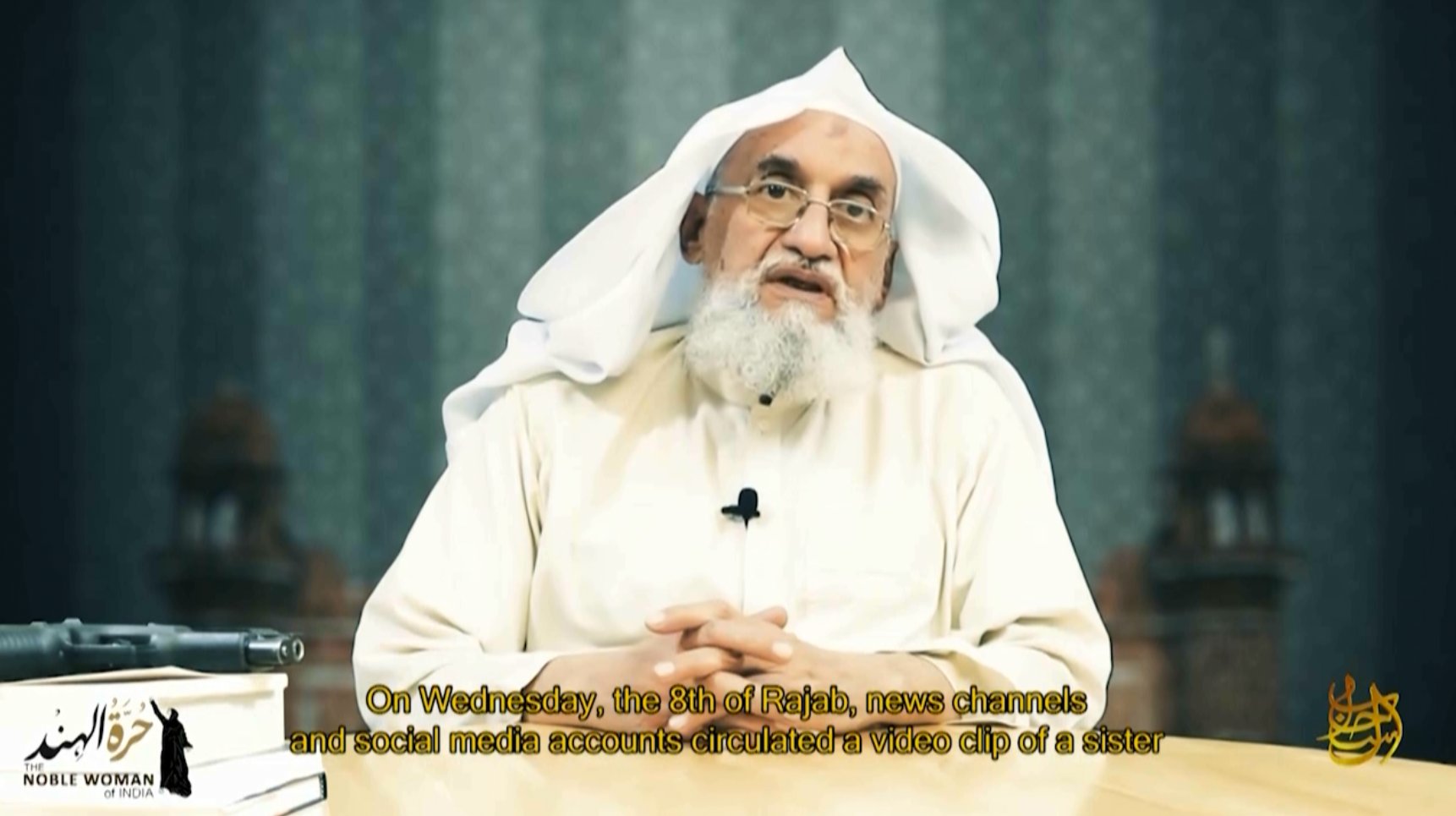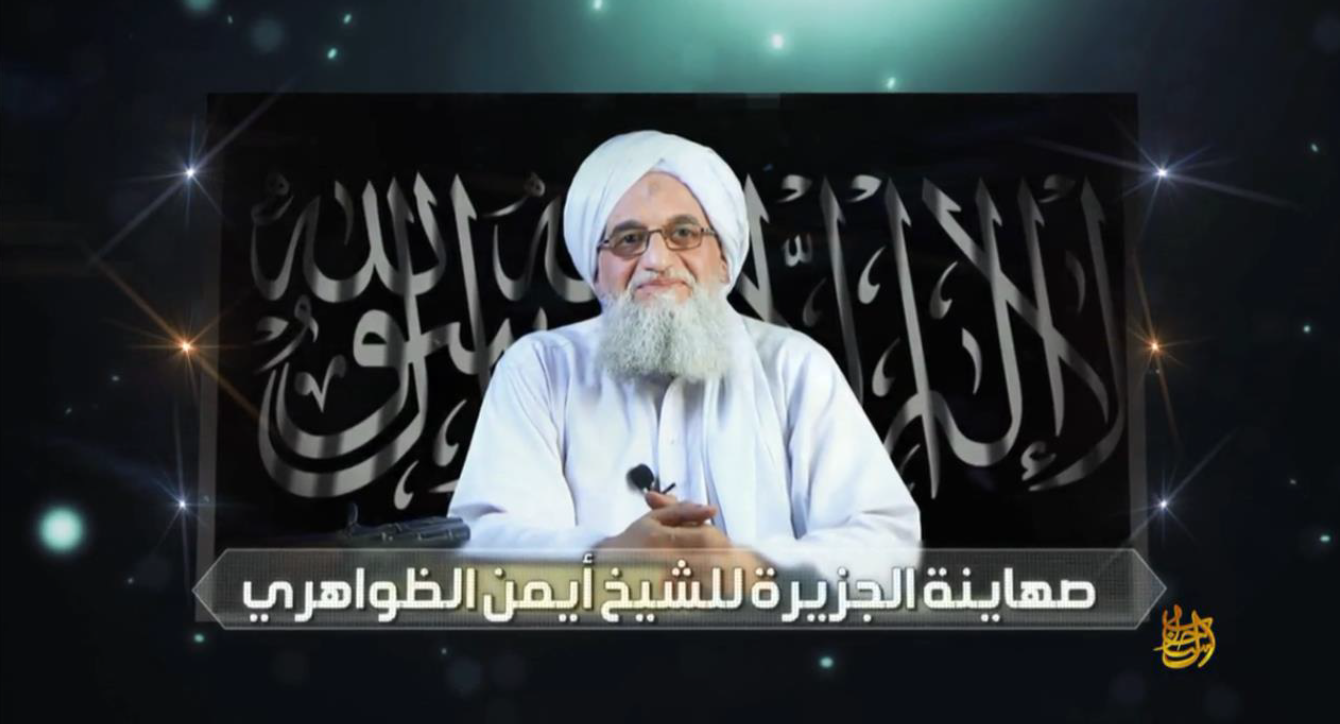
Hamas and al-Qaida: The Concerns of Abu Muhammad al-Maqdisi
Since Hamas’s “Operation al-Aqsa Flood” attack on Israel on October 7, 2023, the global jihadi movement has been divided over how to respond. While the Islamic State has reiterated its unequivocal stand against Hamas, al-Qaida has staked out a position of nearly unlimited support and sympathy. The contrast could not be starker. Al-Qaida, however, has a problem in taking this pro-Hamas stand. This is that some of the key jihadi ideologues who have long supported al-Qaida, and who command a certain following within al-Qaida’s global network, are deeply uncomfortable with it. The most noteworthy of these is Abu Muhammad al-Maqdisi (b. 1959), the Palestinian-Jordanian scholar whose many books, essays, and fatwas have profoundly shaped the ideological complexion of the jihadi movement, or “the jihadi current” (al-tayyar al-jihadi) as it is most commonly known in Arabic, going back to the 1980s. Al-Maqdisi has long served as something of the jihadi movement’s







